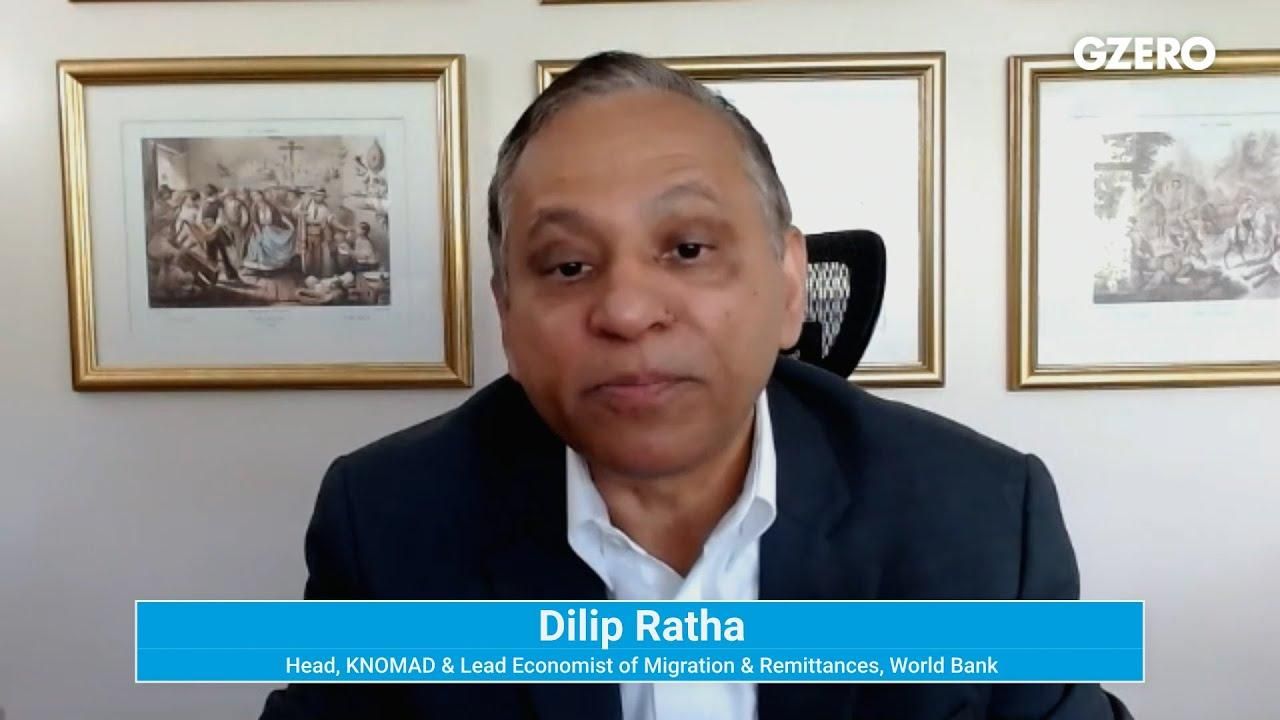Closing the Gap
The debilitating cost of remittances

The Debilitating Cost of Remittances | Economic Empowerment | GZERO Media

Dilip Ratha knows how hard it is to work abroad and send money home. Why? Because he had to go through the same hoops when he was a migrant.
It's the inconvenience and the cost, the World Bank's head of KNOMAD and lead economist says during a livestream conversation on closing the global digital gap hosted by GZERO in partnership with Visa.
Still, Ratha points out, these flows are a lifeline for millions of poor families around the world. And they keep the lights on in remittance-dependent economies like El Salvador or Lebanon.
With an average 6% commission, the amount lost each year is double all the aid that the US gives to the entire world or what sub-Saharan Africa gets.
Is China’s economic model reaching a breaking point? In GZERO’s 2026 Top Risks livestream, Cliff Kupchan, Chairman of Global Macro at Eurasia Group, highlights mounting pressures on the Chinese economy.
2026 is a tipping point year. The biggest source of global instability won’t be China, Russia, Iran, or the ~60 conflicts burning across the planet – the most since World War II. It will be the United States.
While surgeons remain fully in control, technological advances are expanding the use of surgical robots in operating rooms. As adoption accelerates, so do the expectations for patient outcomes and surgical care. Track medical innovation trends with Bank of America Institute.
Europe enters 2026 under mounting strain as it confronts external threats, internal political pressures, and a weakening relationship with the United States. In GZERO’s 2026 Top Risks livestream, Mujtaba Rahman, Managing Director for Europe at Eurasia Group, describes a continent that is “exhausted, fatigued, weak, and vulnerable.”